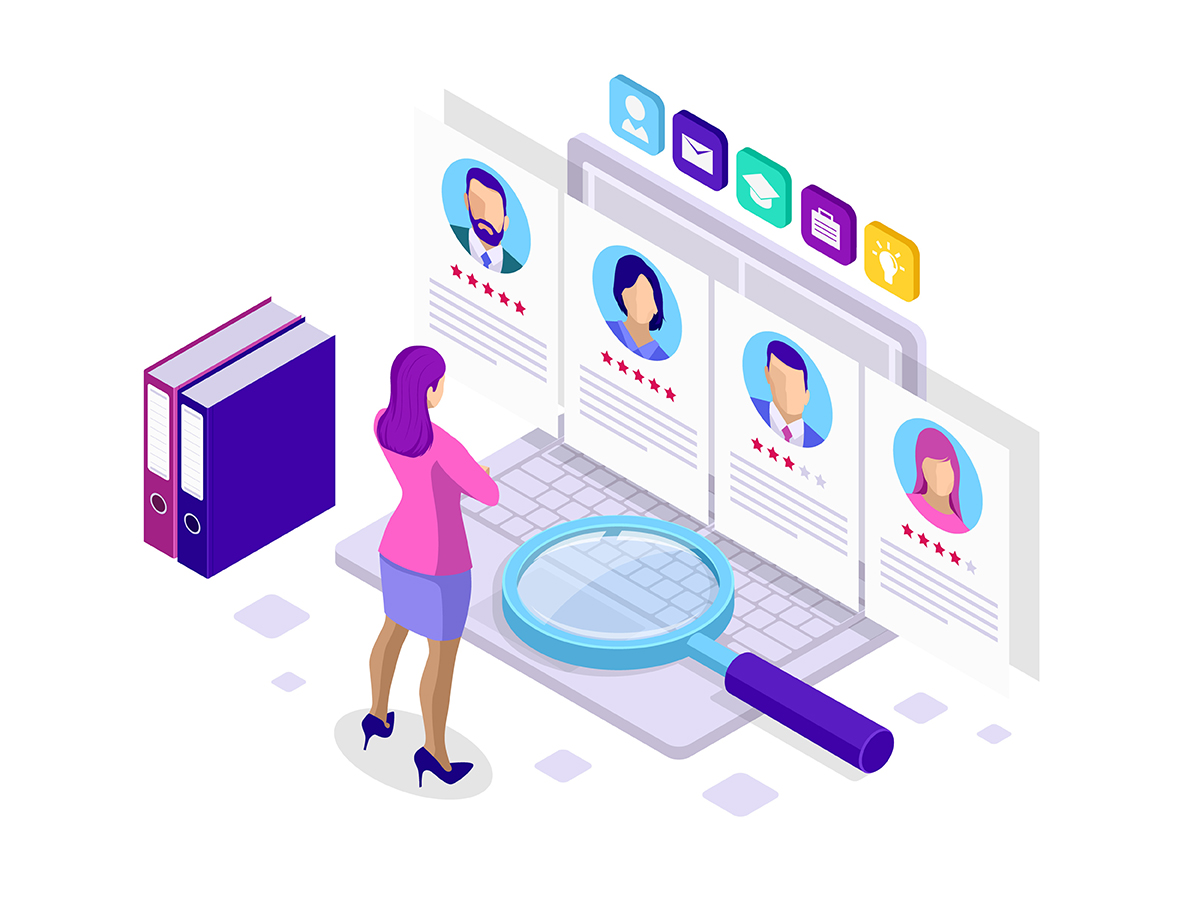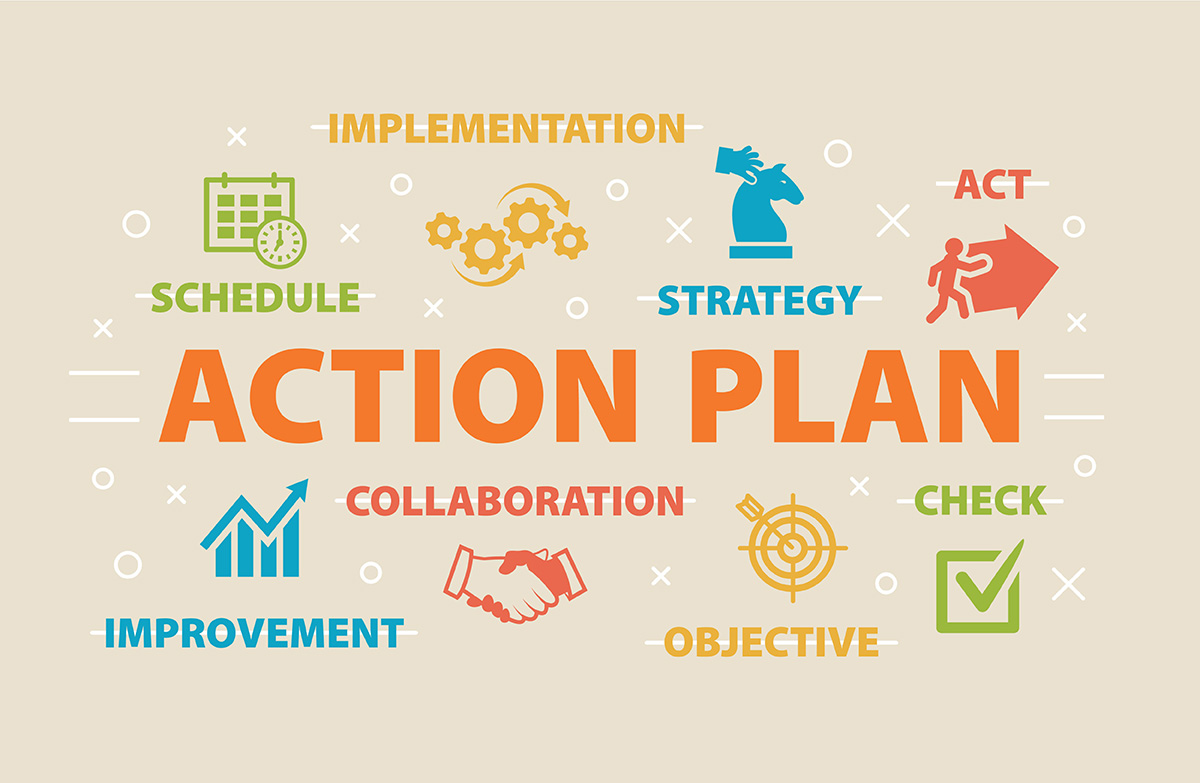Employability Edge You And Your Career Career Choices
Career Choices
- Future Students
- JCU Global Experience
- International Students
- Open Day
- How to apply
- Pathways to university
- Virtual Open Day
- Living on Campus
- Courses
- Publications
- Scholarships
- Parents and Partners
- JCU Heroes Programs
- Aboriginal and Torres Strait Islander in Marine Science
- Elite Athletes
- Defence
- Current Students
- New students
- JCU Orientation
- LearnJCU
- Placements
- CEE
- Unicare Centre and Unicampus Kids
- Graduation
- Off-Campus Students
- JCU Job Ready
- Safety and Wellbeing
- JCU Prizes
- Professional Experience Placement
- Employability Edge
- Art of Academic Writing
- Art of Academic Editing
- Careers and Employability
- Student Equity and Wellbeing
- Career Ready Plan
- Careers at JCU
- Partners and Community
- JCU-CSIRO Partnership
- Alumni
- About JCU
- Reputation and Experience
- Chancellery
- Governance
- Celebrating 50 Years
- Academy
- Indigenous Engagement
- Education Division
- Graduate Research School
- Research and Teaching
- Research Division
- Research and Innovation Services
- CASE
- College of Business, Law and Governance
- College of Healthcare Sciences
- College of Medicine and Dentistry
- College of Science and Engineering
- CPHMVS
- Anthropological Laboratory for Tropical Audiovisual Research (ALTAR)
- Anton Breinl Research Centre
- Agriculture Technology and Adoption Centre (AgTAC)
- Advanced Analytical Centre
- AMHHEC
- Aquaculture Solutions
- AusAsian Mental Health Research Group
- ARCSTA
- Area 61
- Lions Marine Research Trust
- Australian Tropical Herbarium
- Australian Quantum & Classical Transport Physics Group
- Boating and Diving
- Clinical Psychedelic Research Lab
- Centre for Tropical Biosecurity
- Centre for Tropical Bioinformatics and Molecular Biology
- CITBA
- CMT
- Centre for Disaster Solutions
- CSTFA
- Cyclone Testing Station
- The Centre for Disaster Studies
- Daintree Rainforest Observatory
- Fletcherview
- JCU Eduquarium
- JCU Turtle Health Research
- Language and Culture Research Centre
- MARF
- Orpheus
- TESS
- JCU Ideas Lab
- TARL
- eResearch
- Indigenous Education and Research Centre
- Estate
- Work Health and Safety
- Staff
- Discover Nature at JCU
- Cyber Security Hub
- Association of Australian University Secretaries
- Services and Resources Division
- Environmental Research Complex [ERC]
- Foundation for Australian Literary Studies
- Gender Equity Action and Research
- Give to JCU
- Indigenous Legal Needs Project
- Inherent Requirements
- IsoTropics Geochemistry Lab
- IT Services
- JCU Webinars
- JCU Events
- JCU Motorsports
- JCU Sport
- Library
- Mabo Decision: 30 years on
- Marine Geophysics Laboratory
- Office of the Vice Chancellor and President
- Outstanding Alumni
- Pharmacy Full Scope
- Planning for your future
- Policy
- PAHL
- Queensland Research Centre for Peripheral Vascular Disease
- Rapid Assessment Unit
- RDIM
- Researcher Development Portal
- Roderick Centre for Australian Literature and Creative Writing
- Contextual Science for Tropical Coastal Ecosystems
- State of the Tropics
- Strategic Procurement
- Student profiles
- SWIRLnet
- TREAD
- TropEco for Staff and Students
- TQ Maths Hub
- TUDLab
- VAVS Home
- WHOCC for Vector-borne & NTDs
- Media
- Copyright and Terms of Use
- Australian Institute of Tropical Health & Medicine
- Pay review
Bringing it all together
Ideally, your career choices need to mirror your preferences and agendas, and this means you are likely to reinvent yourself a number of times in your career-lifetime, according to the principles outlined below. You will need to unlock the KODE to career success:
Knowing yourself – understanding which aspects of self we want to fulfill in our career
Opportunity scoping – research, and ‘try before you buy’ potential careers
Decision-making – assessing information and making an informed decision
Enacting – developing and implementing an action plan, and managing the transition effectively.
Knowing yourself
In topics 1-5, you have identified a number of factors that will impact your future career decisions, such as your life direction, motivations, interests, skills, strengths and personal attributes.
Opportunity scoping

Consider a number of ideas and options in an objective manner. After extensive exploration of careers websites, and checking everything that seems interesting, you should narrow down your ideas (three to five ideas) to those that are most appealing, then follow the opportunity scoping process. This should consist of three steps to gather:
- Theoretical information – the results of your online research, career snapshots, talking to academics and careers counsellors, and checking organisation websites.
- Professional’s knowledge – the results of your conversations with people already working in the career and/or industry that you are considering.
- Practical insights – these are the results of your experience, however brief, of the work setting, the industry or a sample job; this could be a university placement, self-organised work experience, shadowing (observing a professional at work), or volunteering. You should keep an experience diary and reflect on your experience during and after.
Tip: A sustainable career decision should involve informed choice rather than solely a ‘gut feeling’ or picking an option by default. It should include a systematic, objective review of career and labour market information. To access detailed information (practical questions and actions) about the steps outlined above, download the JCU Course and Career Decision Making Information Sheet.
Decision-making processes
Decisions may be made intuitively, rationally, or through a combination of an intuitive and logical thought process. The three-step opportunity scoping approach below caters to a variety of decision-making styles. You can list reasons for and against a particular decision to help identify the best course of action for you.
Example – Career Decision-Making Process: Should I seek work experience with X employer?
Step 1 – List as many pros and cons that you can think of:
- PROS – Advantages
- Close to home
- Know the boss, good chance of him/her giving me experience
- CONS – Disadvantages
- Work is not exactly aligned with my degree
- Definitely no future employment opportunities with this firm
Step 2 – If you are still not clear on the decision to make, weigh the value of the importance for each positive and negative to clarify the really important considerations affecting your decision. Assign a score of 1 (not that important) to 5 (very important) to each consideration. Add up the score for the pros and cons, and see which comes out stronger.
- PROS – Advantages
- 2 – Close to home
- 1 – Know the boss, good chance of him/her giving me experience
- CONS – Disadvantages
- 4 – Work is not exactly aligned with my degree
- 5 – Definitely no future employment opportunities with this firm
Self-reflection and thorough opportunity scoping will provide you with a wealth of information for career decision making, but it is important to remember that it is impossible to have complete knowledge of career realities. At some point, you will need to make a decision and take a leap of faith into a career option to test the ‘fit’ for yourself.

Enacting
Enacting your decision means setting a specific set of goals and developing an action plan to achieve them. This might involve finding a mentor or obtaining work experience in the field. Students who start planning and preparing for their careers in their first year of university have a greater likelihood of capitalising on career opportunities that arise through their studies and an increased chance of achieving successful graduate outcomes.
Remember to be flexible with your career plans and goals and allow room for unplanned or unexpected events that happen along the way. Action planning works best when specific steps are identified. Each time you complete one of the steps, you have achieved a part of your goal and you should experience a sense of achievement, which motivates you to take further steps. A commonly used model for planning is the SMART model described below.
S = Specific
- Who? – is involved
- What? – do you want to accomplish
- Where? – identify a location
- When? – establish a timeframe
- Why? – specific reason, purpose, or benefits of achieving a goal
M = Measurable
Monitor your progress – this helps you stay on track, reach your target dates, and feel that you are achieving something.
A = Attainable
Measure the effort required to attain the goal by breaking it down into steps - each step should move you closer to that goal.
R = Realistic
Personal and situational factors may influence your ability to reach your goal. Make sure that your goal suits you and your lifestyle.
T = Time-bound
Time limits should be identified for each of the steps. Define start points and end points for steps along the way and maintain commitment to these deadlines. Celebrate each time you have achieved part of the process.
The next step in enactment is to write an effective goal statement
- Use clear, specific language
- Write it according to SMART goal criteria
- Have positive, action-focussed language.
Example Goal Statement: I will land a job as a Data Analyst at a large financial institution by the end of the year. To accomplish this goal, I will improve my skills in Excel and PowerQuery and connect with other Data Analysts in my network to find out more about their skill sets and job search processes.
Monitoring, evaluating and re-evaluating
Once you have mapped your goals and planned the steps to achieve them, you now need to monitor your progress and make adjustments to your plans when necessary. It is also a good idea to remain flexible and adapt to any change in circumstances that may arise. If you are not making progress towards reaching your goals, you may need to consider:
- Are your goals still relevant?
- What is stopping you from taking the required steps?
- Are there barriers or obstacles in your way?
You may need assistance from friends, family or the JCU Careers and Employability team to overcome any difficulties you are experiencing. Careers are constantly evolving, so you need to monitor, review and adapt your plans on an ongoing basis. It is essential that you assume personal responsibility for your career. Recognise and welcome uncertainty, be open to opportunities that may arise, and be flexible with your career plans to accommodate change.
Action: Go to your downloaded workbook and complete Activity 9